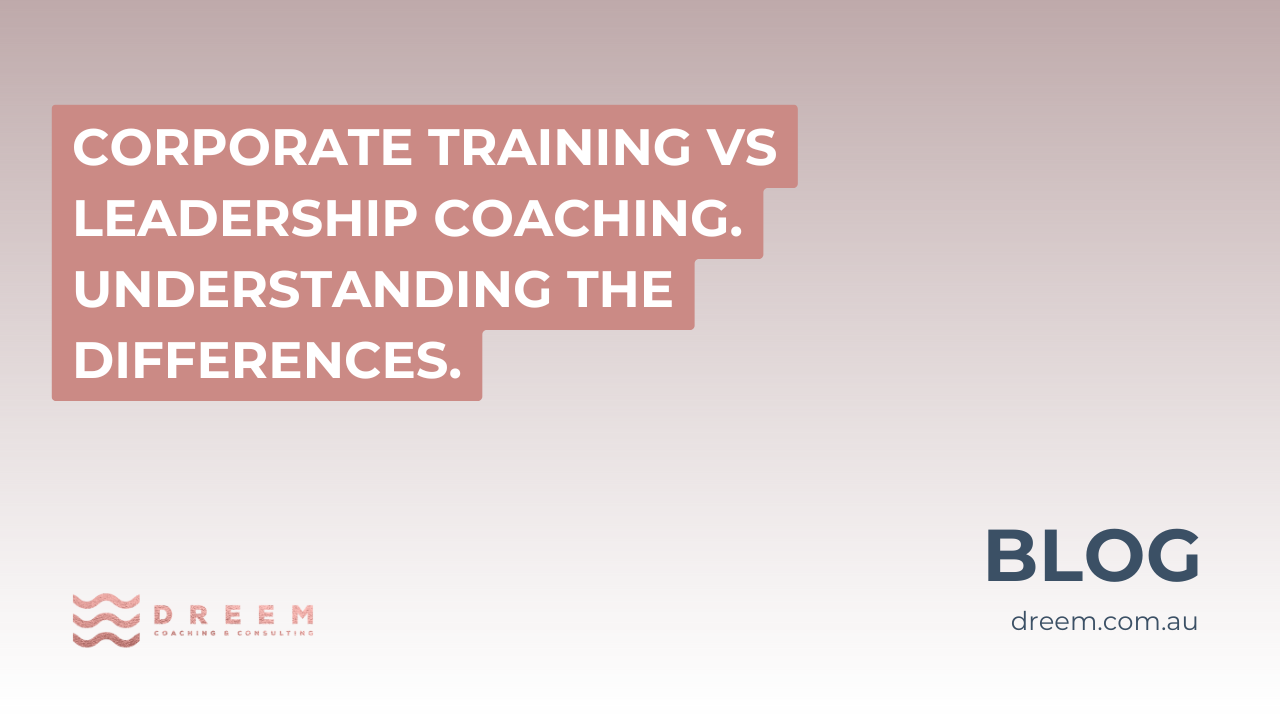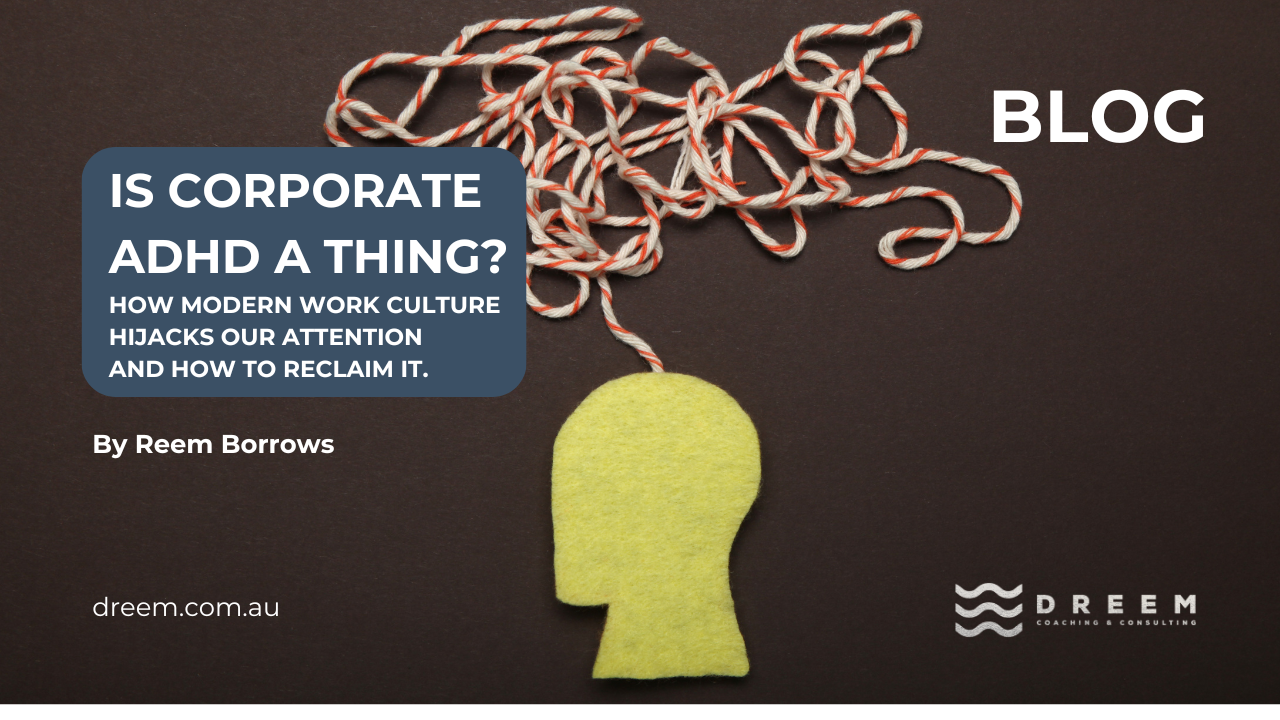
Is Corporate ADHD a Thing? Or Are We Just Addicted to Distraction?
Busy, Blurry and Burnt Out? Maybe It’s Time to Do Things Differently
Let’s call it out…
Most of us are juggling far more than we care to admit. Kids, work, parents, WhatsApp messages, emails, late-night worries, and endless mental to-do lists. And somehow, we still feel behind.
In recent coaching sessions and leadership trainings, I’ve noticed a recurring theme: everyone is busy being busy. But when we pause and unpack what’s really going on, we discover a different story. A story of overwhelm, lack of clarity, and the subtle emotional exhaustion that comes from constantly reacting without direction.
Sometimes we’re so caught up telling others how busy we are that we never actually get started on the thing we’re supposed to be doing.
Does this sound familiar?
The Trap of “Corporate ADHD”
I call it “corporate ADHD”. The modern workplace version of bouncing from one thing to the next, half-finishes everything, and wonders why nothing truly moves forward.
It’s not a clinical diagnosis, of course, but it speaks to something real:
- Too much input.
- Too little focus.
- Not enough space to think clearly.
And while we may laugh it off, this way of working comes at a cost. Decisions are delayed, projects stall, and people, talented and capable people, quietly burn out.
So, What Do We Do Instead?
The solution isn’t about working harder. It’s about working differently. Here are five practical shifts that make a real difference:
1. Stop glorifying busy.

Busyness is not a badge of honour. It has become part of how many people define success, but in reality, it is often a sign of distraction rather than effectiveness. I often encourage people to assume that everyone is busy. This helps move us away from being self-centric and reduces the temptation to compete over who has more on their plate. The more useful question is: what are we busy doing? Is it moving us toward our goals, or are we simply filling time with activity that looks important but creates little value? The difference between motion and progress is clarity.
2. Manage our emotions.
Productivity is not only about calendars, lists, or schedules. It is also an emotional game.
Stress, guilt, fear of failure, and even the desire to please others are often the real forces driving busyness. When we learn to pause, notice, and manage these emotions, we stop reacting and start choosing. This is why emotional discipline is as important as time management. Without it, the best strategy in the world will collapse under the weight of constant firefighting.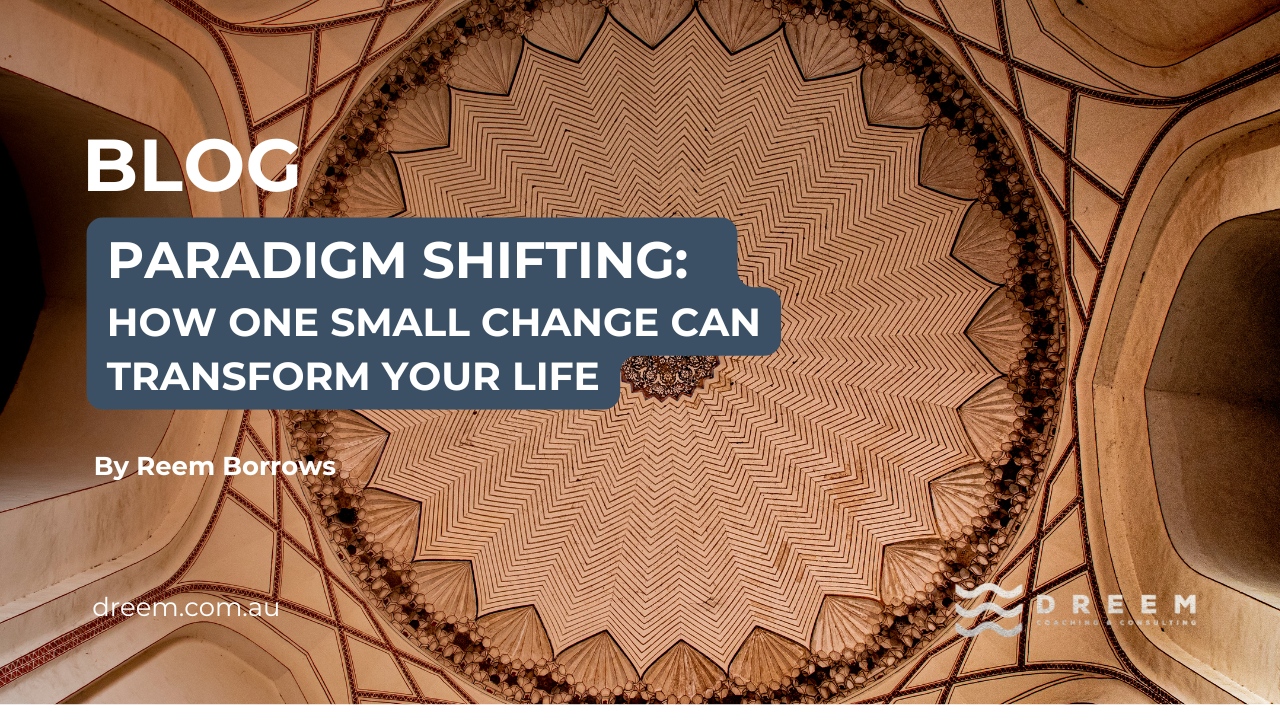
3. Use tools that bring clarity.
The prioritisation matrix, also known as urgent vs important, is one of the simplest yet most powerful tools. It helps us sort through noise, filter out what is truly critical, and commit to doing the right things in the right order. When you break your workload into these categories, patterns emerge.
The “urgent and important” gets done first. The “important but not urgent” is where strategy and long-term growth live. The “urgent but not important” can often be delegated. And the “not urgent and not important” should be eliminated.
Then it comes down to this: pick one thing. Execute it. Then move on.
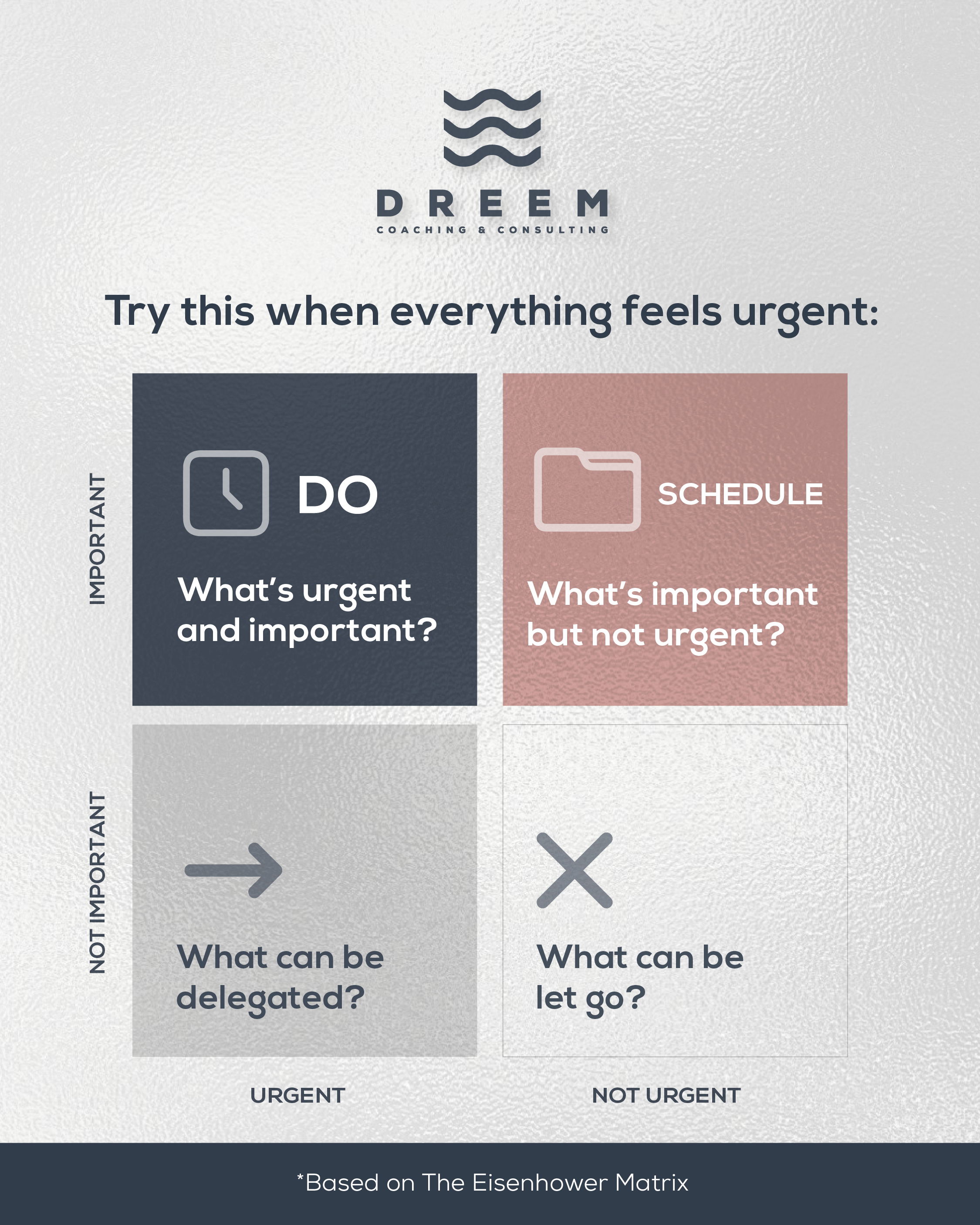
4. Get honest about habits.
Sometimes busyness is simply a habit disguised as productivity. Are we choosing comfort over growth? Are we clinging to the safety of small, low-impact tasks because they make us feel productive without challenging us to grow? Or are we confusing constant action with real progress? The hardest question to face is whether our daily patterns are aligned with our bigger goals, or whether they are just keeping us comfortably stuck. Being honest about habits requires courage, but it is the only way to break free from cycles that drain energy and deliver little return..
Maybe it’s not ADHD. Maybe it’s the way we’ve built work to reward urgency over intentionality.
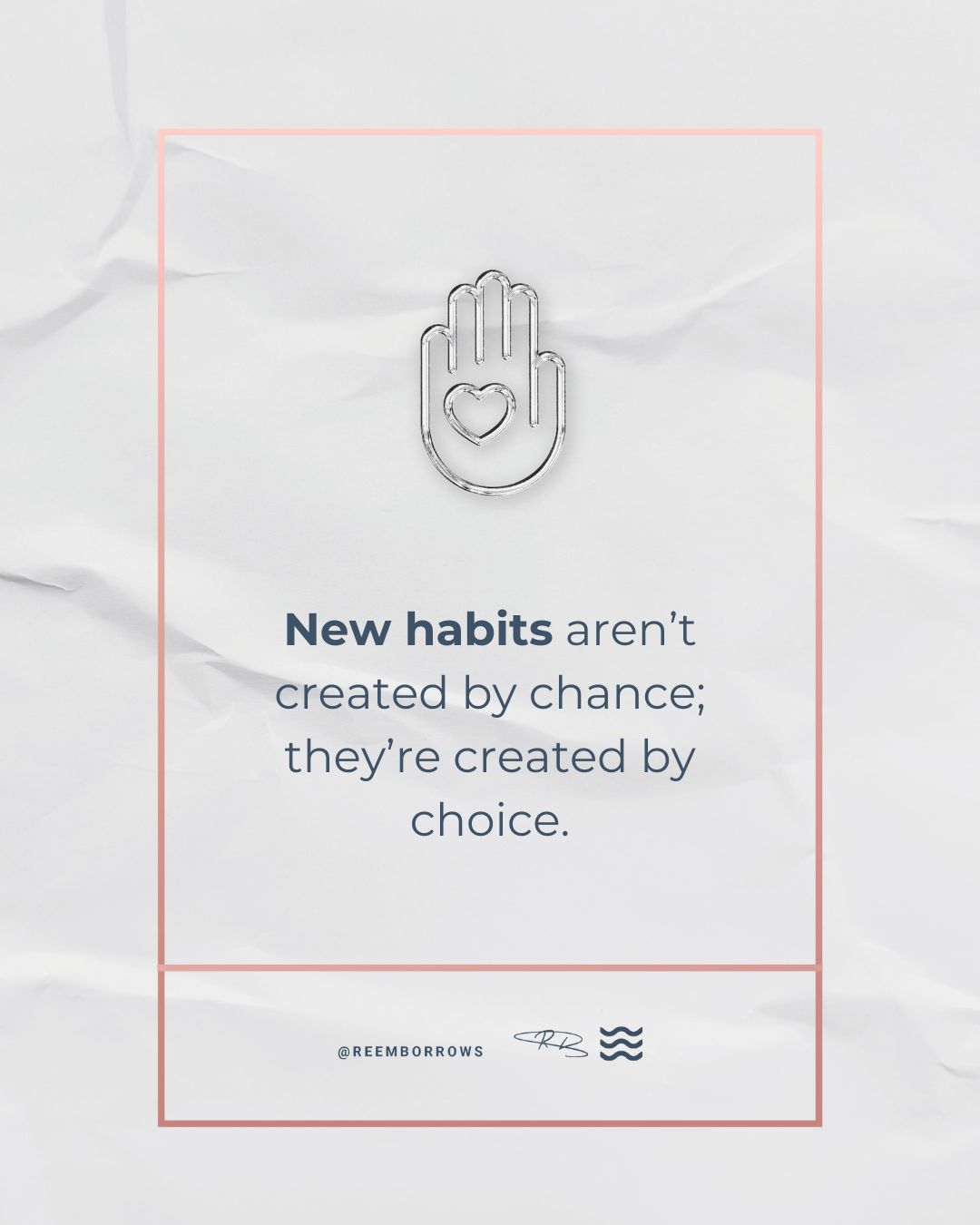
5. Recognise the ego’s game.
We’ve made busyness into a badge of honour. Society celebrates the hustle, the late nights, the back-to-back meetings, the exhaustion disguised as dedication. The ego feeds on recognition and validation, so even when we know we’re spinning our wheels, we keep going.
There’s nothing heroic about burnout. There’s nothing brave about sacrificing your clarity, health, or relationships for the illusion of importance.
When you slow down, choose consciously, and lead with intention, you’re not doing less; you’re doing what matters most. And that’s the real measure of impact.
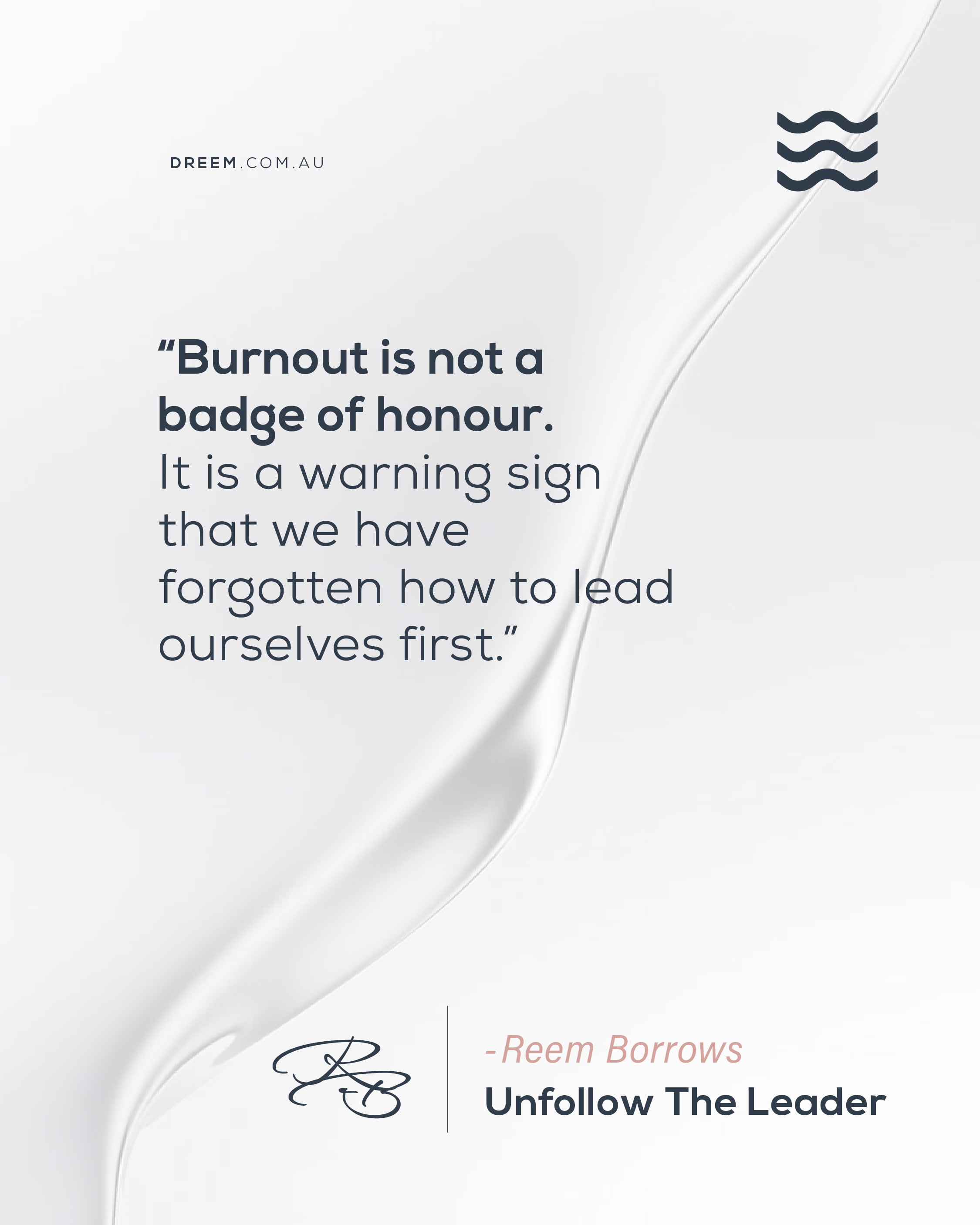
Why This Matters
We’ve been told that if we just work harder, hustle more, or stay connected longer, success will follow. But the reality is different. Without clarity and discipline, busyness only leads to burnout.
Driving real change in business, community, or life requires us to think differently. It means managing energy, not just time. It means creating space to think, not just filling space with activity. And it means making choices that are aligned with goals and values, not just reacting to what is loudest in the moment.
Our Approach
At Dreem Coaching & Consulting, we’ve seen how small, intentional changes can transform not just productivity, but well-being and impact. That’s why we design tailored programs to suit real-world needs.
From communication and operating rhythm to execution, mindset, well-being, resilience, strategy, and sales training, our work goes beyond quick fixes. We focus on tools, frameworks, and behaviours that create sustainable change both for individuals and organisations.
Because you don’t need another to-do list. You need the right tools, the right support, and a clear decision to start.
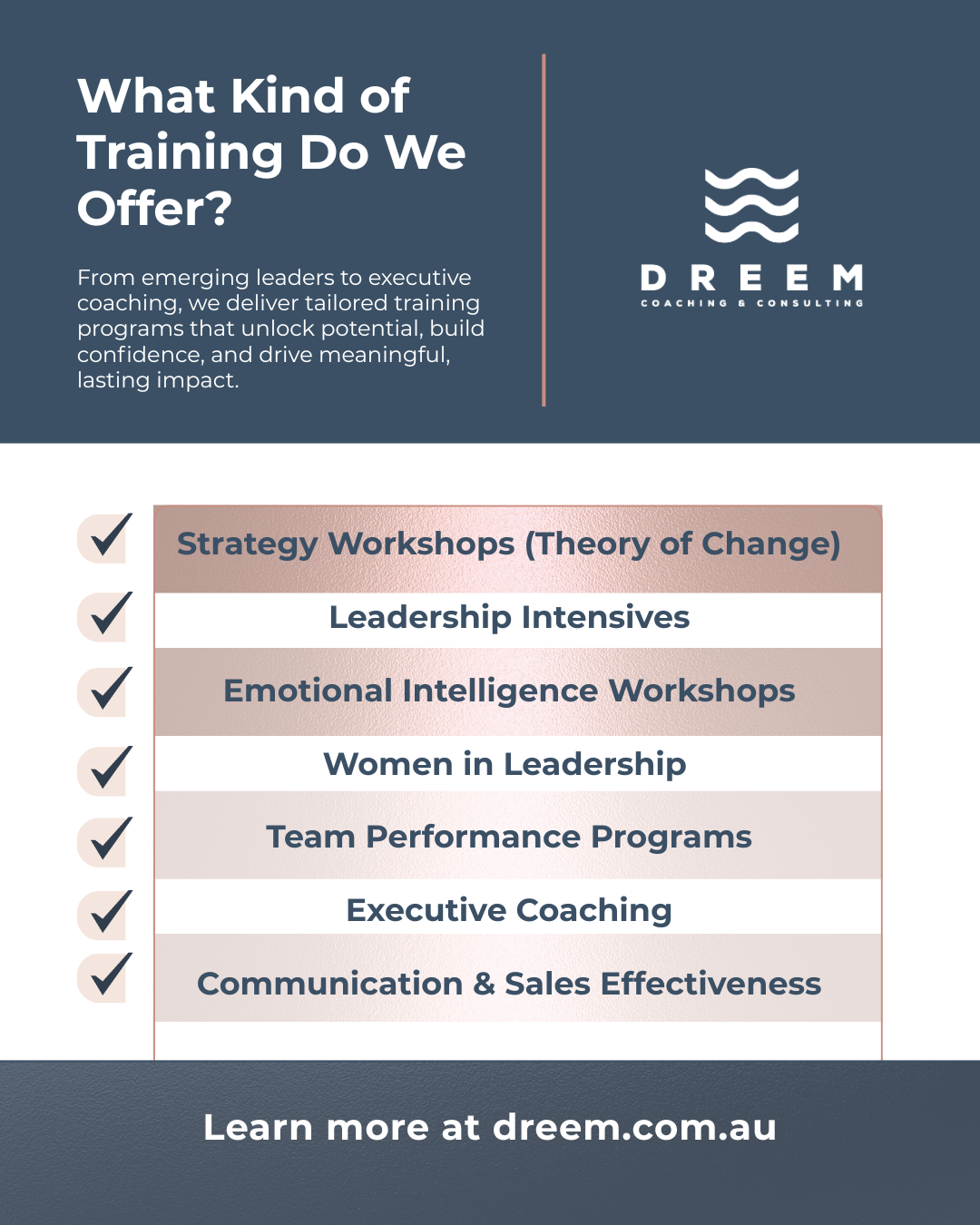
If you or your organisation need a hand, reach out to us at [email protected].
We design tailored programs from strategy workshops to behavioural preference profiling and Operating Rhythm creation and embedment for different types of organisations and industries to help leaders and teams create lasting change.
Connect directly with us
We hate SPAM. We will never sell your information, for any reason.


